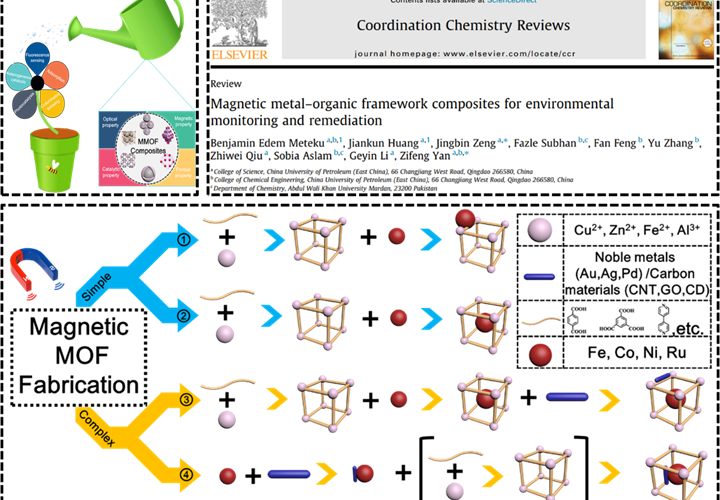Electric cigarettes and shisha pipes may be dominating the headlines these days, but an estimated 77 million adults in Africa still smoke, chew, or sniff tobacco (Tobacco Tactics, 2020), a substance that causes various forms of cancer, respiratory and heart-related diseases. Tobacco use in Africa dates as far back as the 16th Century (Taha, 1982).
Electric cigarettes and shisha pipes may be dominating the headlines these days, but an estimated 77 million adults in Africa still smoke, chew, or sniff tobacco (Tobacco Tactics, 2020), a substance that causes various forms of cancer, respiratory and heart-related diseases. Tobacco use in Africa dates as far back as the 16th Century (Taha, 1982).
Close to 22,000 women in Africa die every year from illnesses attributed to the use of tobacco. At a global level, it results in more than 8 million deaths every year. With leadership from the World Health Organisation and its Framework Convention on Tobacco Control, governments and various organisations around the world have initiated numerous interventions to raise awareness about the dangers of tobacco consumption and to reduce the number of annual tobacco-related deaths drastically.
Several years down the line, a 2021 article published in the Journal of Risk Management and Healthcare Policy sought to examine tobacco control policy interventions across Africa to understand the successes and challenges that had arisen. The researchers George Chidimbah Munthali, Xue-Lian Wu, Muhammad Rizwan, Gama Rivas Daru and Yu Shi in their paper titled “Assessment of Tobacco Control Policy Instruments, Status and Effectiveness in Africa: A Systematic Literature Review” made some very exciting discoveries, noting that the most effective policy interventions involved laws promoting the establishment of a smoke-free environment, bans on media advertisement, tax regimes and outright cessation. The researchers encouraged policymakers to adopt policies that inculcate all the successful interventions through further research and civic education.
Conflict Of Interest
The views and opinions expressed in this article are those of the author, and they do not purport to reflect the policies, opinions, or views of the AfroScience Network platform.
Disclaimer
This article has not been submitted, published or featured in any formal publications, including books, journals, newspapers, magazines or websites.
Be the first to comment
Please login to comment










